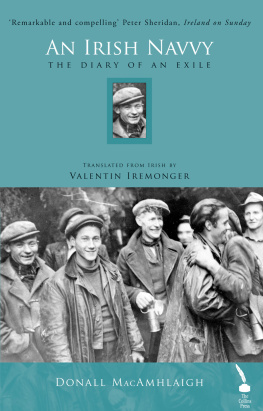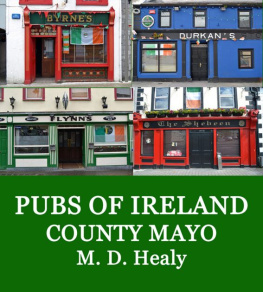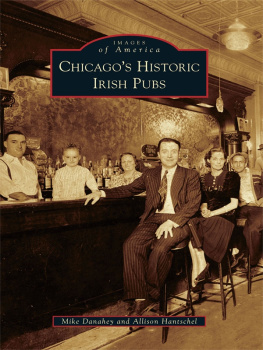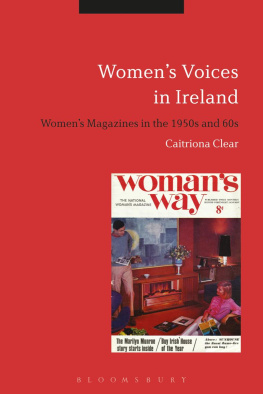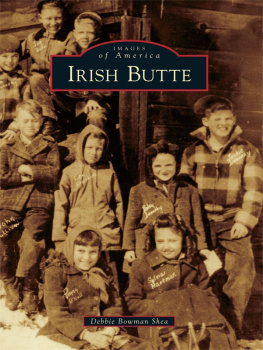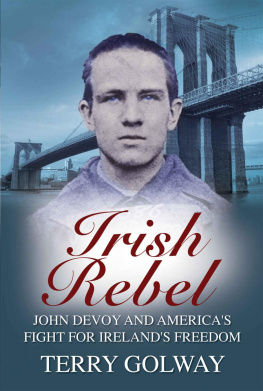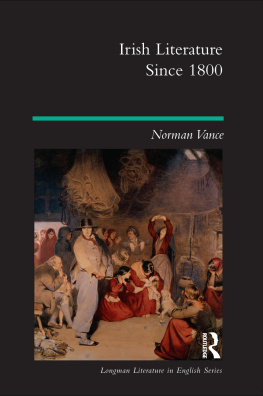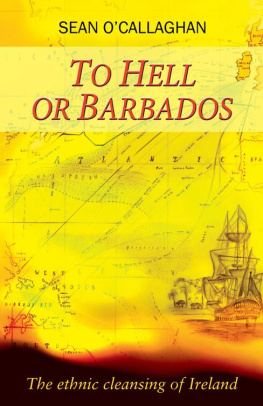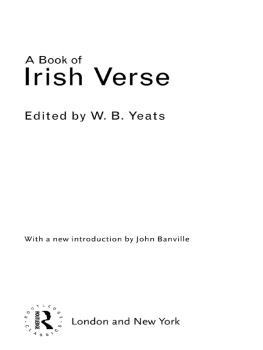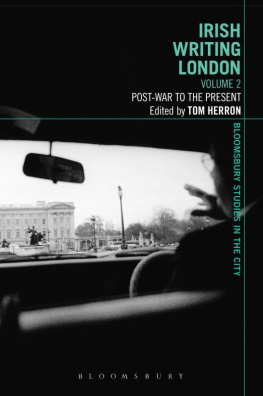
Donall Mac Amhlaigh was born a short distance outside Galway in 1926. His schooling followed a normal pattern in Ireland in the thirties and fortieselementary school followed by a period of secondary education. At the age of fifteen, he had to leave school and he worked for three years in a woollen mill in Kilkenny where his family had gone to live a year or so beforehand. Galway, however, had cast its spell on him and he found that he could not avoid going back to that lovely city in the west of Ireland that, even in its contemporary development, manages to epitomise so much of what makes up the Irish character and sense of history. There he worked on farms, interspersed with periods as a waiter in various hotels, before he joined the First Battalion of the Irish Army. This is an Irish-speaking unit and in it, he spent what he still regards as the most enjoyable three years of his life. And who, particularly loving Irish as Mr. Mac Amhlaigh does, wouldnt look back nostalgically to three years in Galway where the busy commercial streets and the beautiful surrounding countryside echo to the music of a vigorous and expressive tongue?
When Mr. Mac Amhlaigh left the Army in 1951, Ireland was still in a stage of underdevelopment and there was fairly heavy unemployment. He followed the pattern of the times, emigrated to England and joined those of his countrymen without whose help the British Health Service and the building, light engineering and service industries would have ground to a standstill. This book is an account of his first six years in a highly industrialised society for the impact of which he was unprepared but the shock of which, with the resilience of his race, he absorbed. As I write he still works, from choice, on a constructional site near Northampton, where with his wife and two children, he lives contentedly, wielding his pick and shovel by day and his gifted pen by night.
It will be seen that Mr. Mac Amhlaigh, in his first years in exile, speaks with some bitterness of the necessity that made him leave Ireland to earn a living. Understandably enough, he is inclined to blame the authorities but one must look further than that to account for the slowness of development in Ireland during the first thirty years of the States existence. Leaving aside the chequered history of Ireland up to 1800, I draw a veil over economic affairs in Ireland from the Act of Union with Britain until 1922. Suffice it to note that, after a war of independence from 1916 to 1921 which took its economic toll, a bitter Civil War ensued; the economic effects of both were felt throughout the twenties. In the thirties, the State was in the throes of economic war with Britain which was only resolved in 1938 by which time the guns of the Second World War were being massed and, a year later, used. It was not, therefore, until 1945 that the authorities were able to think in terms of expansion rather than simple survival. From then on, the picture started changing. Slowly and laboriously, the young State built the infra-structure without which economic development cannot take placehousing, hospitals, health services, social welfare services, power, roads, transport, the distributive industry. And then, with the publication of the First Programme for Economic Expansion in 1958, what has come to be called the Irish Economic Miracle was on its way. The Second Programme, which sets desired objectives to be achieved by 1970, has so far maintained the impetus of the years 195863 and the outlook for the future is, with hard work by all concerned, bright. Mr. Mac Amhlaigh would, I think, agree that conditions in Ireland have changed enormously since the time he found it necessary to leave his homeland.
The present book, entitled in Irish Dialann Deorai (The Diary of an Exile) was one of the most notable and successful books to appear in the Irish language in recent years. It is a remarkable piece of documentary writing, but it bears all the marks of the creative artist in its attention to detail, its shrewd observation both of person and place and, not least, in its authors ability to tell a story well. In the original, a further characteristic was evident in the authors awareness of, and interest in, the texture and rhythm of the language in which he wrote.
Mr. Mac Amhlaigh was not born with Irish yet he handles the language with all the confidence of one who has profited by many hours spent in the company of those who had it from the cradle. His understanding of the nature of the language and of its idiom, coupled with a feeling for the individual word and phrase, shows that he has given much thought to the problems confronting him as a writer. If the Irish which he uses is not always that of the native speaker, this is the conscious result of his desire to write the Irish that is widely spoken today in its inevitable development from the older pure language of the Gaeltacht. This alone gives his book a particular importance in the current renaissance that is taking place in Irish literature.
Apart from that, however, his book is an honest account of how the average Irish labourer works, lives in, and makes his contribution to, the development of the country that has given him a good wage for the sweat of his brow.
VALENTIN IREMONGER
Stockholm,
August, 1964.

The mother saw the ad. in the paper: Stokers wanted. Live in. Apply Matron, Harborough Rd. Hospital, Northampton.
You could give it a chance, she said, for surely God put it in your way.
I had been idle the three months since I had left the Army and, as I had to go across anyway, it was as well for me to try this rather than go on spec and wander around looking for lodgings after I had landed. I wrote my letter and off it went and, in Gods good time, an answer came in a couple of days. The mother and myself watched every post, our hearts in our mouths all the time hoping for good news. As soon as the answer came, however, both of us got very melancholy, thinking how Id be leaving home and going foreign. The mother and I had always been very close and, although we both knew that sooner or later Id have to be off with myself, we were both very much affected at the prospect. My mother called in from the street one of the children playing around there and sent her off to the shop for a sweet cake so that wed have a celebration in honour of the occasion. As she took up the pot to make the tea, I could see that her eyes were brimming with tears.
I started off on the business straight away. There were enough formalities to be gone throughnot like todayand I was afraid that, if I spent too much time getting myself ready, Id lose the job. I had to get a passport photo of myself taken and then go and fill up forms at the police station so that I could get an identity card. When that had all been done and when I had written over to the matron, I settled back to wait on the great day. I knew that Id have to wait about a fortnight.

